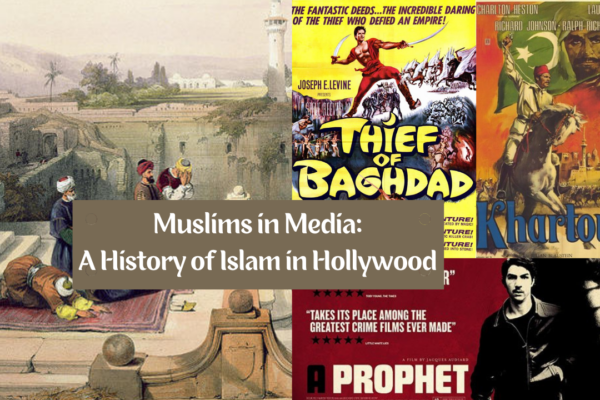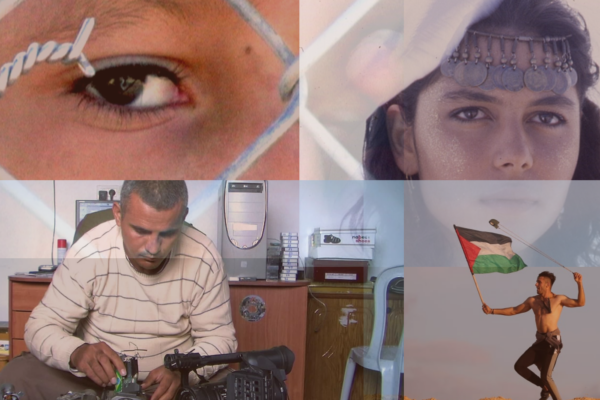Marvel’s continued attempt to make the MCU more inclusive of minority communities is incredibly important in challenging narratives and stereotypes attached to particular groups.
Marvel’s continued attempt to make the MCU more inclusive of minority communities is incredibly important in challenging narratives and stereotypes attached to particular groups.
Marvel is set to introduce a female Muslim superhero, Kamala Khan, also known as Ms. Marvel, in their continued attempt to make the Marvel Cinematic Universe (MCU) more inclusive of their entire fan-base, including minority communities.
Mr. Kevin Feige, president of Marvel Studios, said in an interview with the BBC that Marvel is strongly considering introducing the Muslim comic character on the big screen.
Ms. Marvel in the comics is portrayed as a 16-year-old Pakistani-American who hails from Jersey City and was said to be the first female Muslim superhero, who has shapeshifting abilities.
Mr. Axel Alonso, Marvel editor-in-chief, also spoke to the Daily News highlighting the character’s personality and story.
Mr. Alonso said:
“The fact that Kamala is a female and a first-generation American who struggles with the values and authority of her immigrant parents might give her story different shading, but ultimately, her story is universal”.
The news was warmly welcomed by Twitter fans celebrating Marvel’s commitment to increasing representation of ethnic communities.


Marvel’s continued attempt to make the MCU more inclusive of minority communities is incredibly important in challenging narratives and stereotypes attached to particular groups.
Indeed, studies have repeatedly demonstrated that the way minority communities are presented within media and broadcasting frequently presents negative depictions of their identity. Such as that often Muslims are portrayed in action movies as terrorists, criminals or militants – portrayals that obviously have grave impacts on communities themselves.
In this case, Muslim women within mainstream media are often portrayed as being ‘subservient’ and ‘oppressed’. As such, a film on Ms. Marvel, a strong female Muslim lead, will go a long way in providing a counter-narrative to these stereotypes, which is important not just in dispelling myths, but also providing a heroine that young Muslim comic fan-girls can look up to.
The introduction of such characters to foster a sense of belonging and demonstrate shared identities is crucial in ensuring that all members of our society feel valued and respect. Mr. Riz Ahmed has previously spoken in parliament about this issue, stating “if we fail to represent, we are in danger of losing people to extremism”.
Mr. Ahmed said:
“In the mind of the ISIS recruit, he’s the next James Bond right? Have you seen some of those ISIS propaganda videos, they are cut like action movies. Where is the counter narrative? Where are we telling these kids they can be heroes in our stories that they valued?”
He added: “People are looking for the message that they belong, that they are part of something, that they are seen and heard and that despite, or perhaps because of, their experience, they are valued. They want to feel represented”.
Currently, there is a lack of minority representation in the media not just on-screen but in all levels of production, including editors, directors, and screenwriters. This culminates in a lack of nuanced understandings and biased misrepresentations being disseminated through media and broadcast outlets.
Therefore, active steps taken by media organisations to increase the representation of minority communities should be welcomed and commended.
It is equally important that young British Muslims are encouraged and supported in aspiring for careers in media and broadcasting.
Diversity at all levels of media and broadcasting can only serve to promote greater representation and tackle negative and inaccurate portrayals of vulnerable communities that infiltrate the public consciousness.
This article was originally posted here over on MEND.





